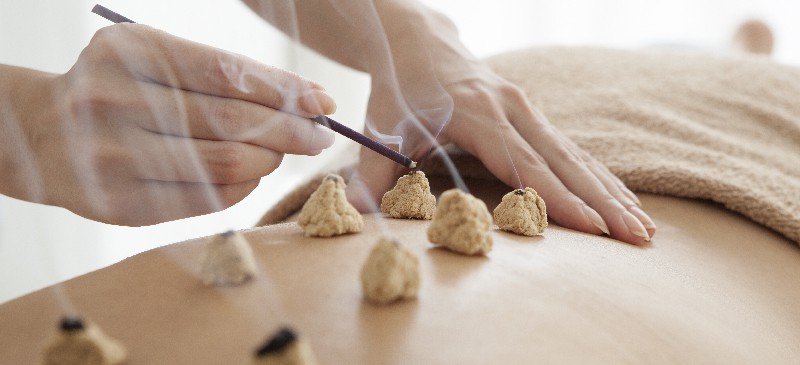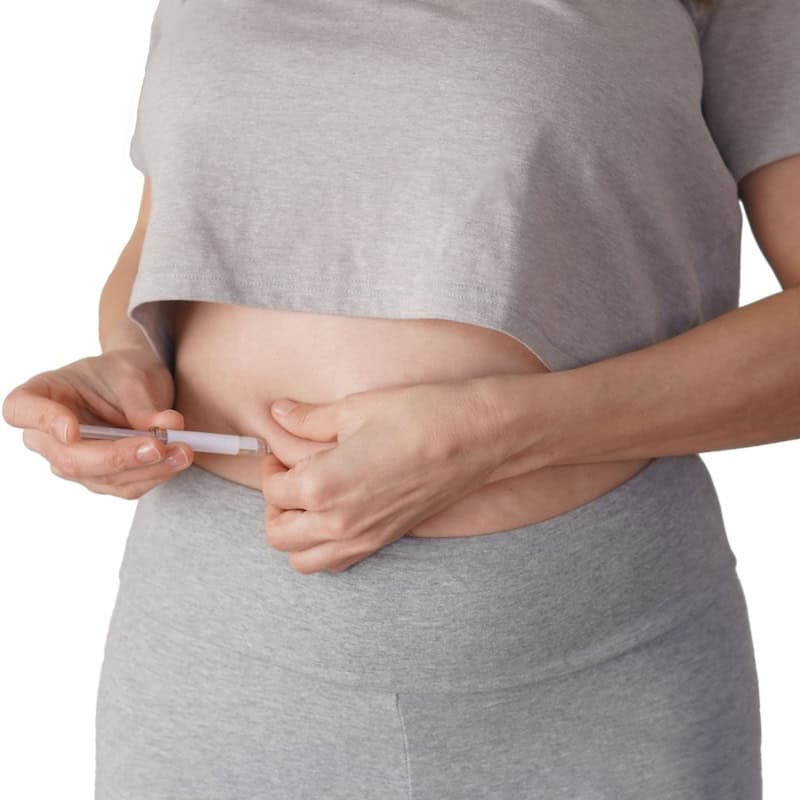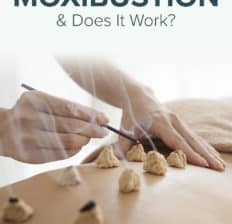This Dr. Axe content is medically reviewed or fact checked to ensure factually accurate information.
With strict editorial sourcing guidelines, we only link to academic research institutions, reputable media sites and, when research is available, medically peer-reviewed studies. Note that the numbers in parentheses (1, 2, etc.) are clickable links to these studies.
The information in our articles is NOT intended to replace a one-on-one relationship with a qualified health care professional and is not intended as medical advice.
This article is based on scientific evidence, written by experts and fact checked by our trained editorial staff. Note that the numbers in parentheses (1, 2, etc.) are clickable links to medically peer-reviewed studies.
Our team includes licensed nutritionists and dietitians, certified health education specialists, as well as certified strength and conditioning specialists, personal trainers and corrective exercise specialists. Our team aims to be not only thorough with its research, but also objective and unbiased.
The information in our articles is NOT intended to replace a one-on-one relationship with a qualified health care professional and is not intended as medical advice.
Explore the Therapeutic Benefits of Moxibustion & Healing Heat
May 13, 2023

Most people are familiar with acupuncture, a form of treatment used frequently in traditional Chinese medicine. Moxibustion, another therapeutic method that’s often used along with acupuncture, is less known by the general public. It involves burning ground mugwort leaves to warm and stimulate certain trigger points in the body.
Used since about 500 BCE, moxibustion is believed to improve the flow of energy and blood in the body. It has been shown to improve health conditions such as digestive disorders, gynecological issues, pain and poor immune system.
What Is Moxibustion?
Moxibustion is a traditional Chinese medicine therapy that involves the burning of a dried herb called “moxa” on or near specific points on the body. Moxa, which also goes by mugwort, is processed into various forms, such as sticks, cones or loose threads, for use in moxibustion.
During a moxibustion session, the moxa is ignited and held close to the skin or placed on acupuncture needles to generate heat. The heat produced by moxibustion is believed to stimulate the flow of Qi (or energy) and blood in the body, promoting healing, balancing the body’s energy systems and expelling pathogens.
Moxibustion can be used as a standalone therapy or in conjunction with acupuncture. There are different techniques of moxibustion, including direct moxibustion that involves placing the moxa directly on the skin, and indirect moxibustion, which involves using a medium such as ginger, garlic or salt to separate the moxa from the skin.
The choice of technique depends on the individual’s condition and the practitioner’s expertise.
This traditional Chinese therapy is used to improve various conditions, such as pain, arthritis, digestive disorders, menstrual irregularities and to support overall wellness.
Uses/Benefits
Moxibustion is believed to offer several potential uses and benefits, including the following:
1. Pain Relief
Moxibustion is often used to alleviate various types of pain, such as joint pain, muscle tension, back pain and menstrual cramps. The heat generated by moxibustion is thought to help improve blood circulation and relax muscles, providing relief from pain.
One study published in the journal Medicine found that moxibustion had significant effects on pain in patients with rheumatoid arthritis. The herbal remedy has also proved to be effective for menstrual pain in human trials.
2. Digestive Disorders
Moxibustion can be used to support digestive health by stimulating the digestive system and promoting better digestion. It may be employed for digestive symptoms such as bloating, indigestion and diarrhea.
A study published in the World Journal of Gastroenterology suggests that moxibustion with acupuncture, which allows an additional acupoint target and thermal stimulation, is an effective therapeutic for irritable bowel syndrome.
3. Gynecological Issues
Moxibustion is sometimes used to address gynecological concerns, including menstrual irregularities and cramping, hot flashes, fertility support, and breech presentation in late-stage pregnancy. Specific points and techniques may be utilized to encourage hormonal balance and optimal uterine positioning.
A study published in the Journal of Pain Research concluded that moxibustion was effective in reducing premenstrual cramping.
An overview of systematic reviews conducted in 2019 indicates that there’s a positive correlation between moxibustion and reducing the number of breech presentations during pregnancy. Researchers indicated that in some treatments, moxibustion is used in combination with acupuncture or other repositioning techniques.
4. Immune Support
Moxibustion is believed to have immune-enhancing properties. By stimulating specific acupuncture points, it may help strengthen the body’s resistance to illness and support overall immune function.
One study conducted in China showed that moxibustion treatment was able to improve immune function of children with cerebral palsy.
5. General Wellness
Moxibustion can be utilized as part of a preventive health care approach to promote overall well-being and balance in the body. It aims to harmonize the flow of Qi and maintain the body’s natural state of equilibrium.
Research published in Evidence-Based Complementary and Alternative Medicine found that six weeks of treatment with moxibustion improved general health and vitality in adult participants when compared to placebo treatment. The moxibustion group also associated treatment with better physical and mental quality of life.
How to Do It
While self-administered moxibustion is possible, it is generally recommended to have it performed by a trained practitioner or licensed acupuncturist for safety and effectiveness. If you are interested in trying moxibustion at home, it is important to receive proper instruction and guidance from a qualified practitioner beforehand.
Certain areas of the body may be challenging to reach or may require precise point location, which makes self-administering more challenging and may require the help of a partner if you’re using the remedy at home.
Here’s a general overview of how moxibustion is typically done under the care of a trained practitioner:
- Select the appropriate type of moxa: Moxa is available in different forms, such as sticks, cones or loose threads. The choice of moxa depends on the specific technique and the practitioner’s preference.
- Prepare the treatment area: The practitioner will first ensure the treatment area is clean and comfortable for the patient. She may place a protective barrier, such as a piece of ginger, garlic or salt, on the skin to prevent direct contact with the burning moxa.
- Ignite the moxa: The practitioner will then light the moxa, allowing it to smolder and produce heat. The leaves can be ignited directly or indirectly, depending on the specific technique used.
- Apply the moxa: The burning moxa is held near or applied to specific acupuncture points or areas of the body where treatment is needed. The practitioner will control the distance and duration of the moxa application, ensuring it is comfortable for the patient.
- Monitor and adjust: Throughout the session, the practitioner will closely monitor the patient’s comfort level and adjust the moxa as necessary. He may also ask for feedback from the patient to ensure the heat is not too intense or causing discomfort.
- Complete the session: Once the desired therapeutic effect has been achieved or the treatment time is complete, the practitioner will extinguish the moxa completely and end the session.
It’s crucial to emphasize that moxibustion should only be performed by trained professionals who have a thorough understanding of the technique. They can assess the specific needs of the individual, choose appropriate moxibustion techniques, and ensure the safe and effective application of moxa.
Is It Safe? Precautions and Practitioners
When performed by trained practitioners, moxibustion is generally considered safe. However, as with any therapeutic intervention, there are potential side effects and considerations to keep in mind.
Moxibustion involves the application of heat, and there is a risk of skin burns if the moxa is applied too closely or for too long. Proper precautions should be taken to ensure the moxa is used at a safe distance and duration, and protective barriers may be utilized to prevent direct contact with the skin.
Burning moxi also produces smoke and odor, which may be bothersome to some individuals. Providing adequate ventilation can help minimize any discomfort or respiratory issues.
A systematic review of case reports published in Evidence-Based Complementary and Alternative Medicine indicates that the position, duration, distance between moxa and skin, proficiency of practitioners, and condition of patients are all factors that play a role in potential moxibustion side effects.
Researchers suggest that the risks of moxibustion use may include:
- Allergies
- Burns
- Infection
- Coughing
- Nausea
- Vomiting
- Fetal distress
- Premature birth
- Hyperpigmenation
Moxibustion is sometimes used in specific circumstances during pregnancy, such as to encourage optimal fetal positioning. Pregnant individuals should seek guidance from a qualified health care professional or licensed acupuncturist experienced in prenatal care to ensure appropriate application and safety.
To ensure the safe and effective use of moxibustion, it is recommended to consult with a qualified health care professional or a licensed acupuncturist who can assess your specific needs, provide personalized guidance, and address any potential risks or contraindications based on your individual health profile.
Conclusion
- Moxibustion is a traditional Chinese medicine therapy that involves the burning of a dried herb called “moxa” on or near specific points on the body.
- The heat produced during a moxibustion session is believed to stimulate the flow of Qi (or energy) and blood in the body, promoting healing and balancing the body’s energy systems.
- Moxibustion is believed to improve the flow of energy and blood in the body. It has shown in studies to improve conditions such as digestive disorders, gynecological issues, pain and low immunity.









